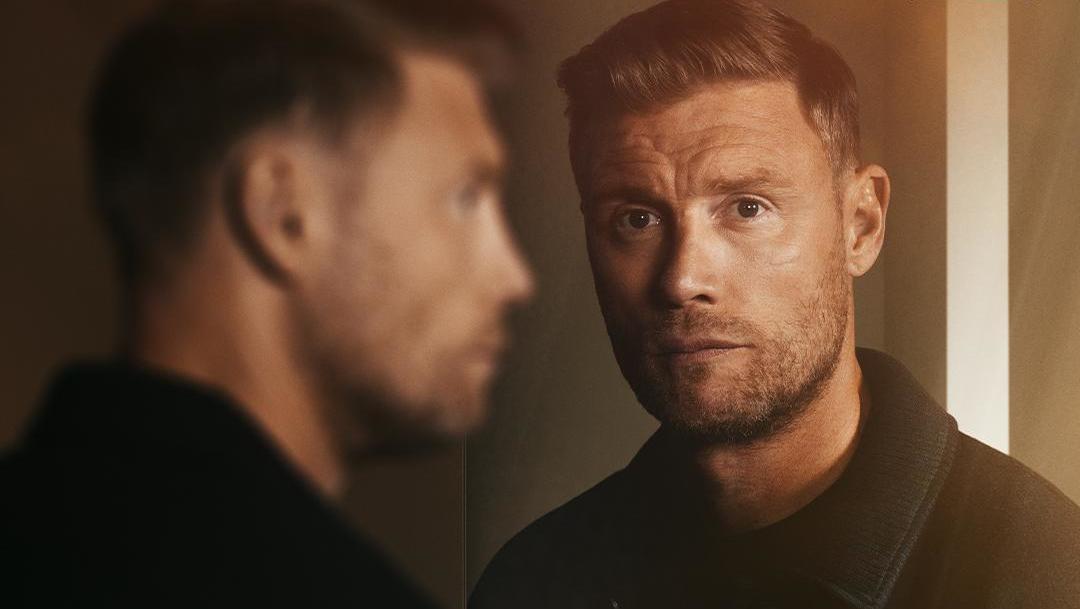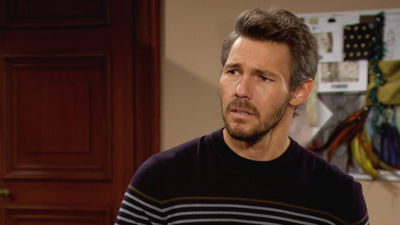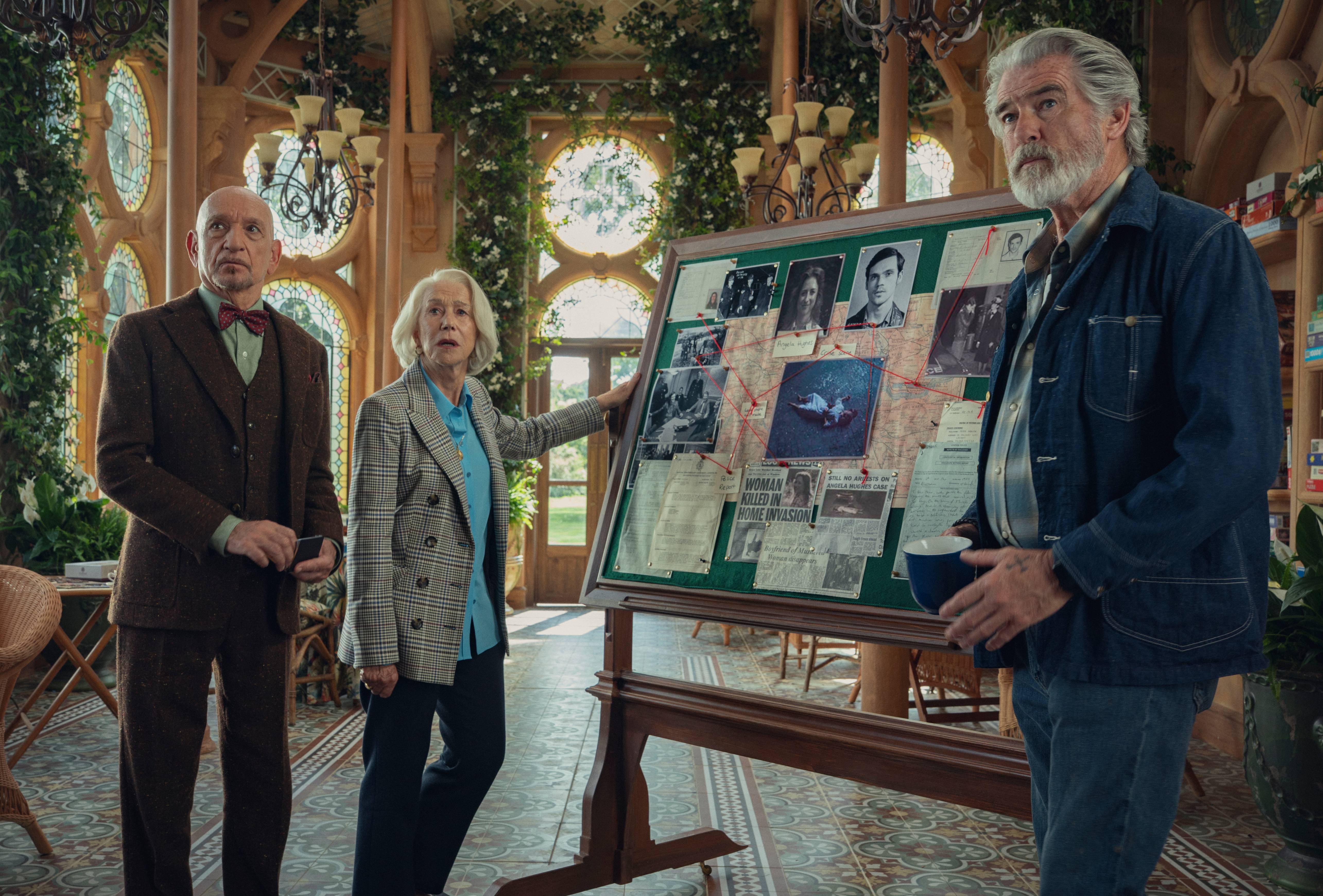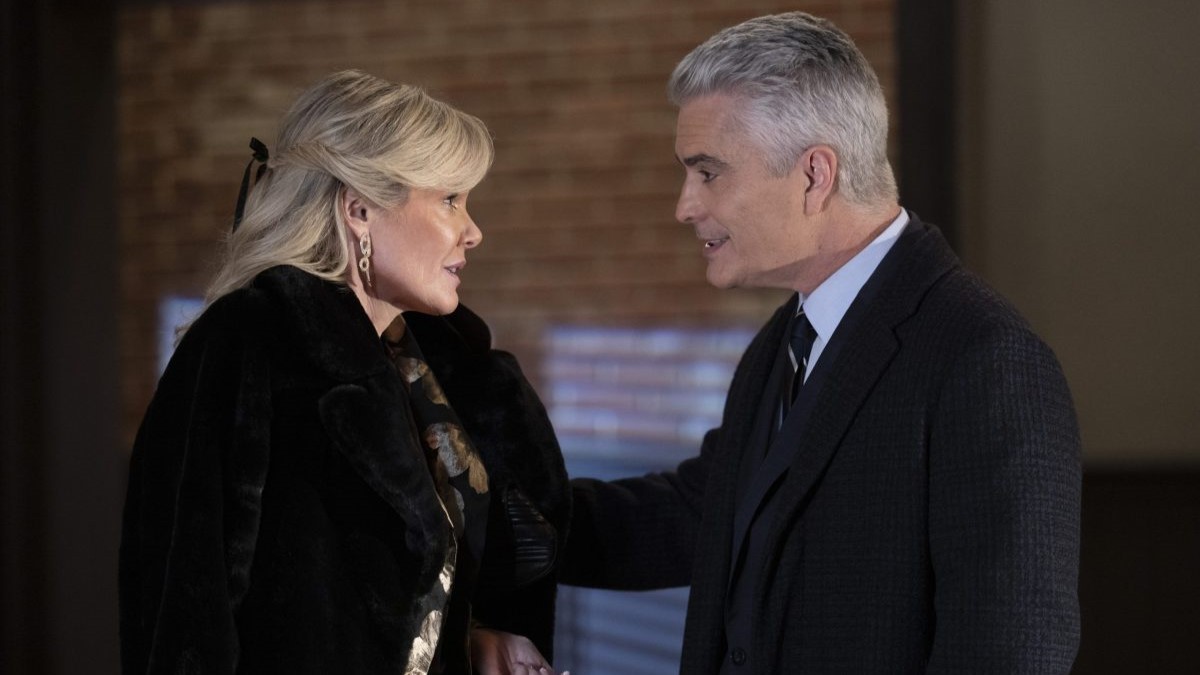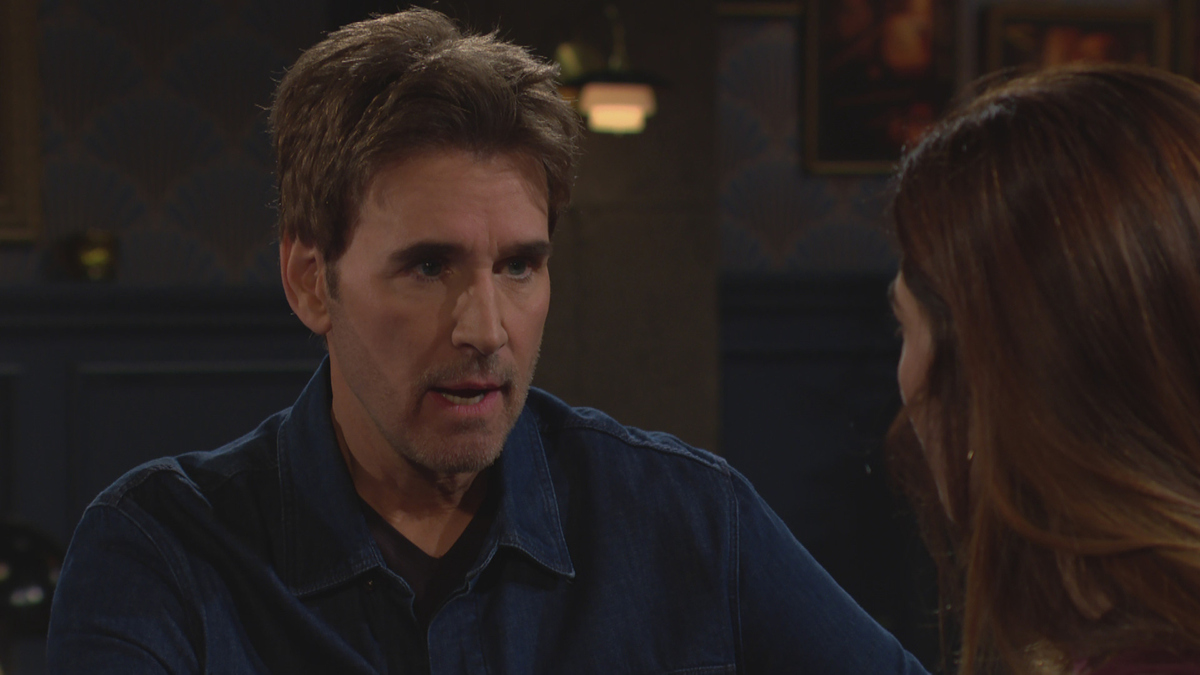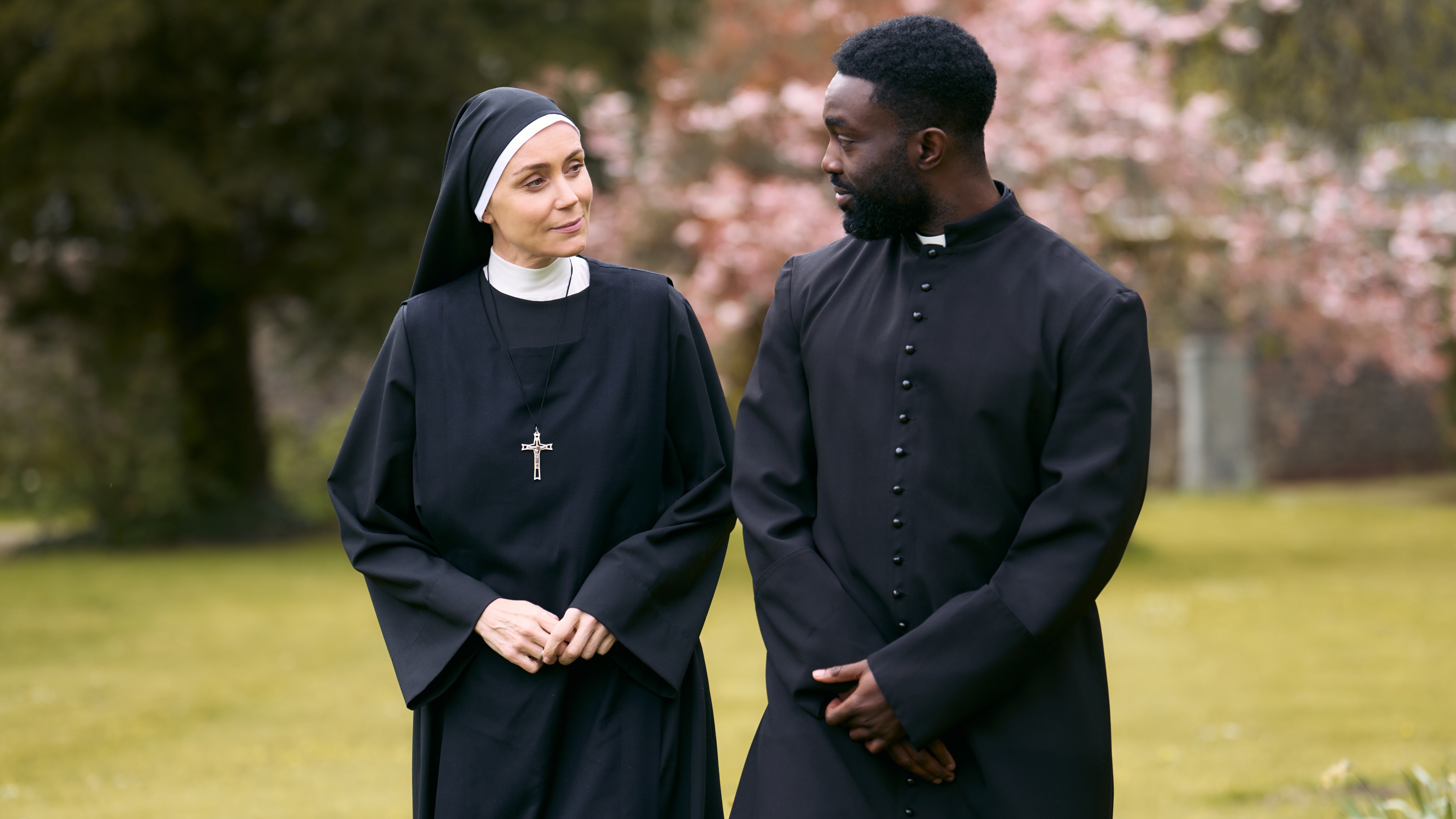‘Our House’ star Tuppence Middleton speaks about her OCD that can stop her leaving her house
The in-demand star speaks about how she copes with a disorder she has lived with since she was 12
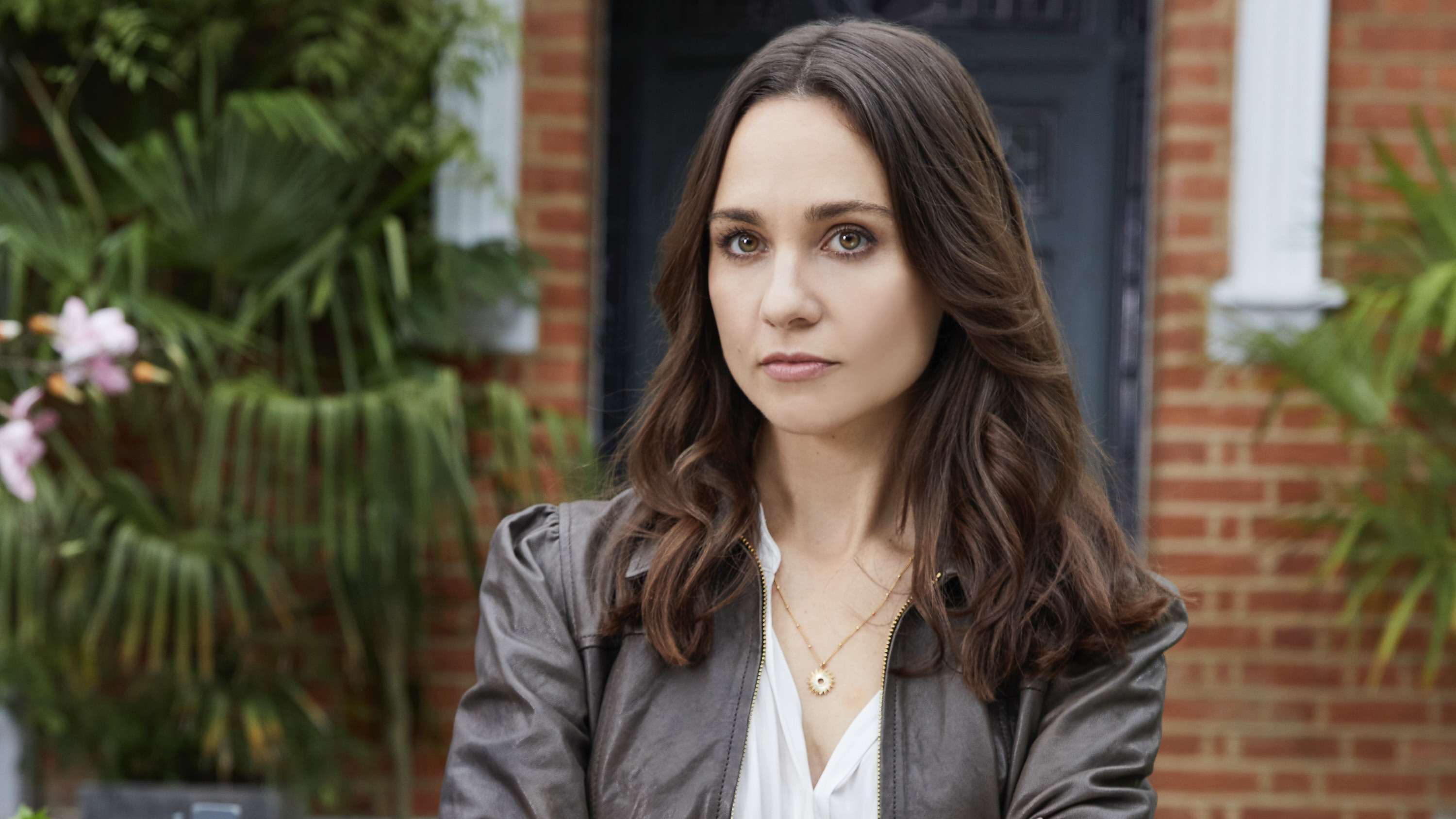
Tuppence Middleton plays a mum-of-two thrust into a suburban nightmare in new ITV thriller Our House, but the actress has revealed she battles obsessive-compulsive disorder (OCD), a condition that has its own nightmarish qualities.
In Our House, Tuppence plays Fi Lawson, a woman who comes home to find her possessions gone and a couple moving into her house.
It’s an upsetting, surreal scenario that switches between the present and the past to reveal how Fi’s estranged husband, Bram (Martin Compston), plunged their marriage and family into such a predicament.
Tuppence will be familiar to fans of period drama (she starred in BBC One’s Dickensian and War & Peace and is about to appear in new film, Downton Abbey: A New Era) and the 35-year-old has built a flourishing career moving between genres and series with apparent ease.
But her career has been forged in the face of her battle with OCD that she has fought since she was 12. It manifest as obsessive mental counting, a fear of vomiting and compulsive checking behaviours that can stop her leaving the house.
Tuppence told The Telegraph that her OCD developed after she recovered from a virus that kept her out of school for months as a pre-teen. Doctors couldn’t diagnose her virus nor her post-viral fatigue, so she worked it out for herself. Which led her to develop her own set of rules, including magical thinking, for staying healthy and safe – a recipe for OCD if ever there was one.
“It was all about counting rituals at first,” said. “It all happened in my head, so it took my parents a while to realise what was happening.”
Get the What to Watch Newsletter
The latest updates, reviews and unmissable series to watch and more!
Tuppence explained the strategy had become vital by the time her mother realised something was wrong. “She had put me to bed, then came upstairs 45 minutes later to find me still standing at the threshold of my room, looking inside. I told her I needed to look at each of the corners for a count of eight. That included every corner in the room: the corners of the bed, the TV, everything. But I was upset because I realised that if I started with one corner then it wasn’t fair on the other corners and I’d have to start again.”
In acting she found a way of coping with her disorder as she could get perspective by playing another character – and relief.
“I know it sounds silly,” she says, “but if I drop a crisp on the floor I have to drop another one because otherwise I’ll feel the first crisp is all on its own. Or if I’m shopping and I make eye contact with a particularly sweet object that seems to have a face – a little pot or something – then I have to buy it, because I feel I’ve connected with it.”
When she left home at 18 to attend drama school the OCD transformed to panic attacks.
She revealed her career has been an important aid in dealing with her anxieties, as different locations disturbed the routines that threatened to dominate her. “The less responsibility I have for my environment, the easier it is,” she said. “When I leave a hotel, I don’t think: ‘What if I left the water on? And the house floods? And the cat gets wet? And contracts some illness from the damp? Have I killed the cat?!’”
Tuppence spoke about her OCD to Dr Gazal Jones on Radio 4 last year, which you can listen to here.
She appears in Our House on ITV from Monday-Thursday, March 7-10. Downton Abbey: A New Era premieres at cinemas in April.
The What to Watch team helps you find out the how, when, where and why of sports and entertainment. We provide a comprehensive guide to all the must-see movies and shows that are coming your way. Our expert recommendations will help you decide how to make the most of your viewing time and make informed choices on the best TV and home entertainment devices to buy.


